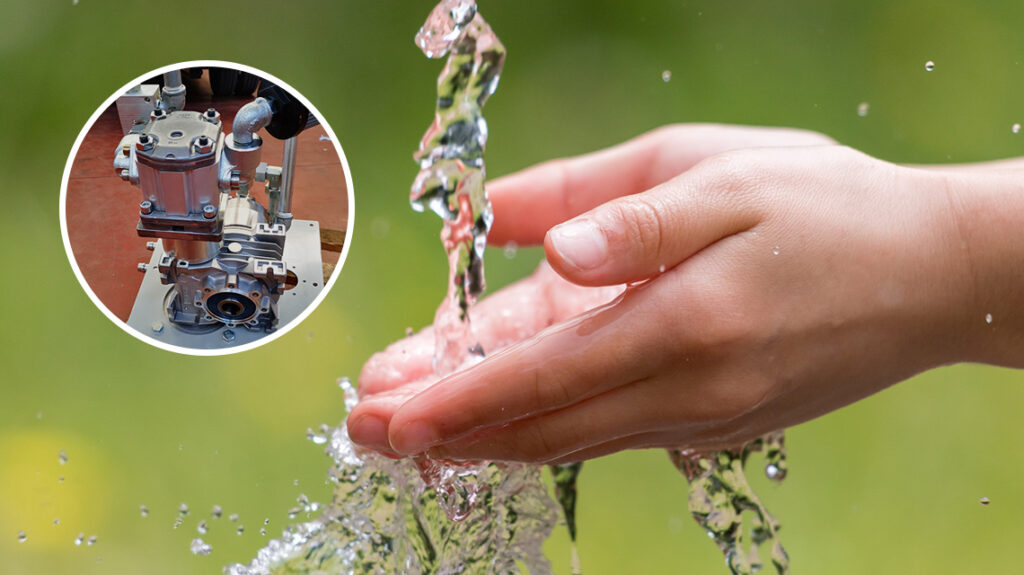
A collaboration between the Italian National Agency for News Technologies, Energy and Sustainable Economic Development (ENEA) and the Italian company SEKO, global leader in water treatment, led to the development of an innovative high-pressure pumping system for reverse osmosis water desalination systems, associated with energy saving and recovery.
This highly innovative project aims to address the global water scarcity in a context where accessible fresh water is only 0.008% of the total (2.5%). The most commonly used technologies include, among others, the inverse osmosis process, already in use in various parts of the world for sea water purification, which allows for the production of over 65 million cubic meters of drinking water per day.
In particular, this process allows the main ionic components to be removed by applying pressure on the solution to be treated through a semi-permeable membrane. “Ninety percent of the total energy expenditure of these processes is attributable to the pumping systems and most of the energy supplied to the fluid (in terms of pressure and flow rate) remains in the process waste. Hence, the need to integrate reverse osmosis desalination systems with devices such as the one developed by ENEA-SEKO, which is able to recover energy from waste, in order to reuse it in the same process with consequent savings on energy costs. The combination of low costs, efficiency, easy scalability and duration of operation will make it possible to meet new users’ demand, with a view to sustainability and efficient use of energy and water resources,” said the researchers involved.
The prototype was developed thanks to ENEA Proof of Concept (POC) funding and has the peculiarity of being easy to develop industrially and easy to implement,being intended for small communities, islands and SMEs. The technology developed will then be further refined and tested at the plant of the partner company in Rieti and, being easily scalable, can be marketed in different sizes, as needed.“Our technology has the great advantage of using widely used, low-cost components that can also be integrated into small and medium-sized systems (50-600 litres/hour), unlike those available on the market which are of medium to large size (above 2,000 litres/h) and very expensive”, concluded the ENEA research team.

